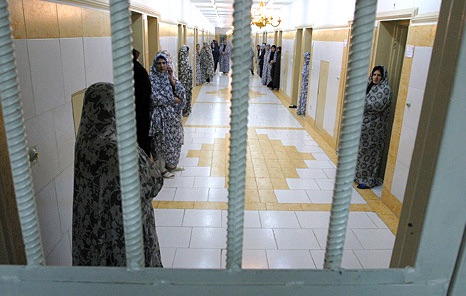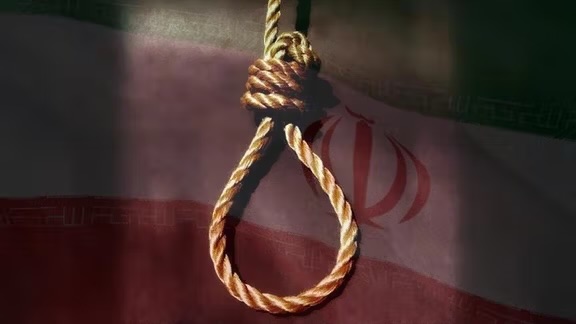
Farzaneh Bijanipour, a prisoner held in Qarchak Prison, south of Tehran, died on Saturday evening due to a lack of medical care, according to a Norway-based human rights organization. The Iran Human Rights Organization reported that Bijanipour, in poor health, sought help from the prison infirmary. However, the attending doctor accused her of faking her illness and only prescribed painkillers. Later that evening, Bijanipour lost consciousness and died after being transferred to the infirmary. Authorities moved her to a hospital, but only after her death.
Reports of medical neglect in Iranian prisons have been widespread for decades, with many detainees dying due to lack of adequate healthcare. The UN and Amnesty International have repeatedly condemned Iran’s treatment of prisoners, particularly human rights defenders and minority activists. They accuse the regime of turning prisons into “waiting rooms of death” by denying ailing prisoners access to lifesaving healthcare and emergency hospitalization.
The situation is particularly dire for Ahwazian women, who are often imprisoned under harsh conditions for their activism or alleged dissent. These women face compounded discrimination as members of an ethnic minority, often enduring solitary confinement, torture, and systematic neglect. Many Ahwazian female prisoners have reported severe health deterioration due to lack of medical care, reflecting the broader pattern of abuse and neglect in Iran’s prison system.
Organizations like Amnesty International have called on Iran to uphold its obligations under international covenants, such as the ICCPR and ICESCR, which mandate equivalent healthcare for prisoners as that available to the general population. However, the persistent denial of these rights has contributed to preventable deaths and a growing crisis of impunity for Iranian authorities.


